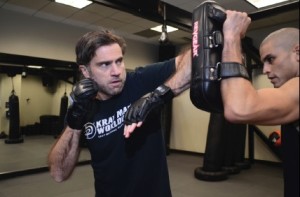I have four children. Two are older. For them, the parenting I was able to impart is in the rear view mirror. I have two younger ones as well. So, I’m getting a second chance at parenting. Among the most important lessons I try to teach is to treat others as you would like to be treated, including saying “please” and “thank you” as much as possible.
I attended a christening at which the parish priest told the gathered that children watch us, very intently, and do what we do, not what we say to do. Thus, he said, if we say one thing and do another, we teach our children that it is okay to be a hypocrite. read more
